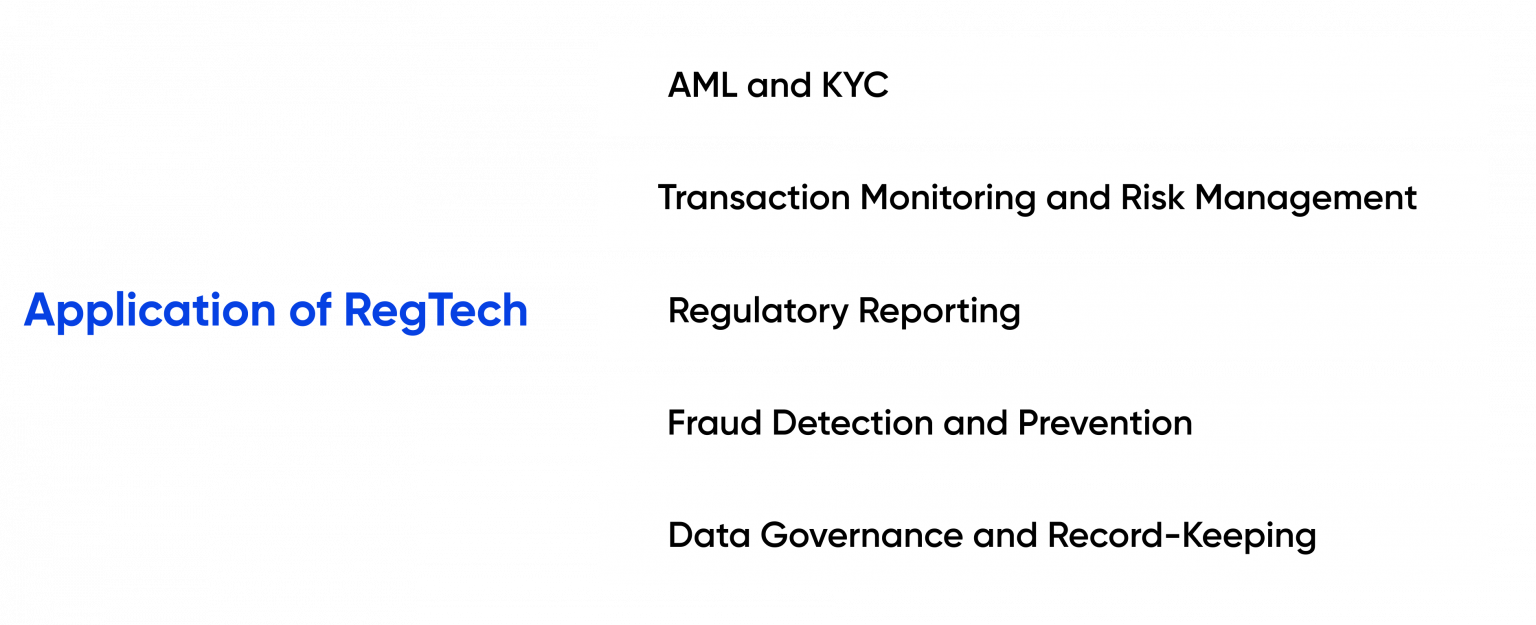RegTech in Trading: What it is and Why it is so necessary for companies?
In the fast-paced world of foreign exchange trading, technology plays a pivotal role in shaping market behavior and regulatory frameworks. Among the most transformative innovations is Regulatory Technology, commonly known as RegTech.
Designed to enhance compliance and streamline regulatory processes, RegTech is now essential in the trading ecosystem, offering both protection and efficiency for traders and institutions alike.
What is RegTech and Why it is necessary?
RegTech refers to the use of innovative technology to help businesses comply with regulatory requirements more efficiently and cost-effectively. Leveraging big data analytics, artificial intelligence (AI), machine learning (ML), and cloud computing, RegTech automates complex compliance tasks that were traditionally manual, time-consuming, and prone to human error.
The Forex market is the largest financial market in the world, with over $7 trillion traded daily. However, it is:
- Decentralized, meaning it lacks a centralized exchange,
- Fragmented across jurisdictions, each with its own regulatory rules,
- Highly dynamic and volatile, making real-time risk management essential.
This has prompted regulators globally to tighten controls, compelling forex brokers and financial institutions to adopt robust compliance systems.
This is where RegTech steps in – offering advanced tools that help firms stay compliant while maintaining operational agility.
Key Applications of RegTech in Trading

1. Anti-Money Laundering (AML) and Know Your Customer (KYC)
One of the most critical applications of RegTech is in AML and KYC compliance. Forex brokers are required to verify the identity of clients and monitor transactions for suspicious activity.
RegTech tools automate identity verification using biometrics, document scanning, and data cross-checking.
AI algorithms flag unusual trading patterns that might indicate money laundering.
2. Transaction Monitoring and Risk Management
RegTech solutions provide real-time monitoring of forex transactions, helping firms detect abnormal trading behavior, insider trading, market abuse.
This allows for swift action and transparent reporting to regulators.
3. Regulatory Reporting
Forex firms must submit regular reports to multiple regulatory bodies such as FCA (UK), CySEC (Cyprus), CFTC (US), and others. RegTech automates:
- Data aggregation
- Formatting
- Submission of reports
This minimizes manual errors and ensures timely compliance what saves firms from fines due to late, inaccurate, or incomplete reports.
4. Fraud Detection and Prevention
AI-driven RegTech systems can analyze vast amounts of forex data to uncover fraudulent activities, including spoofing and layering. By flagging these behaviors early, these tools protect both traders and firms.
5. Data Governance and Record-Keeping
With regulations like MiFID II and Dodd-Frank, forex institutions must maintain detailed records of all communications and transactions. RegTech ensures:
- Secure data storage
- Efficient retrieval for audits
- Immutable logs for transparency
Advantages of RegTech in Forex Trading
1. Improved Compliance
Automating compliance tasks ensures accurate, timely, and consistent adherence to regulatory requirements, even across multiple jurisdictions.
2. Enhanced Operational Efficiency
RegTech eliminates many repetitive manual tasks, freeing up staff for strategic roles and accelerating onboarding, monitoring, and reporting processes.
3. Cost Reduction
By automating routine compliance work, firms save significantly on legal and operational expenses, while avoiding costly penalties for non-compliance.
4. Real-Time Risk Management
Immediate detection of suspicious activity enables swift intervention, minimizing potential financial and reputational damages.
5. Greater Transparency and Trust
Robust RegTech implementations foster trust among clients, investors, and regulators by providing clear and auditable operational frameworks.
6. Scalability and Flexibility
As businesses expand into new markets, RegTech solutions can easily adapt to different regulatory environments without heavy infrastructure investment.
In the complex, fast-moving world of Forex trading, RegTech is no longer a luxury—it’s a necessity. It empowers firms to navigate regulatory demands efficiently, mitigate risks in real time, protect against financial crimes, and build stronger relationships with clients and regulators alike.
By investing in RegTech today, Forex brokers and financial institutions not only ensure compliance but also position themselves for long-term growth and leadership in the digital finance era.
Contact Us
Send us a message and we’ll get back to you within 1 business days!